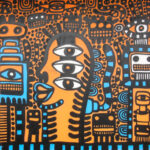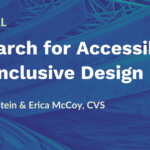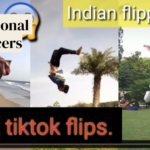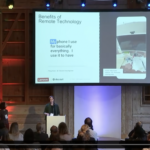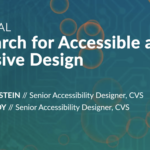
We can't wait to welcome Paola Aguirre Serrano, EPIC2023 keynote speaker, and hear her talk "Designing With: Collaboration Frameworks for Spatial Justice & Equitable Design." To get ready to engage with this crucial topic, we talked with Paola about the challenges and rewards of multidisciplinary work, ethnographic perspectives and practices that have been important to her, how she thinks about friction, and what she's most looking forward to at EPIC2023.
You’re the founder of Borderless Studio, an urban design and research studio focused on approaches and collaboration frameworks addressing spatial justice and equitable design while cultivating collaborative design agency. What do borders and the concept of “borderless” mean to you?
Borderless for me is a practice of resistance against fragmentation, silos and compartmentalized perspectives. Borderless is an invitation to collaborate, grounded in values of openness, civicness and publicness – and to use design as a tool to practice generosity, empathy and service...

